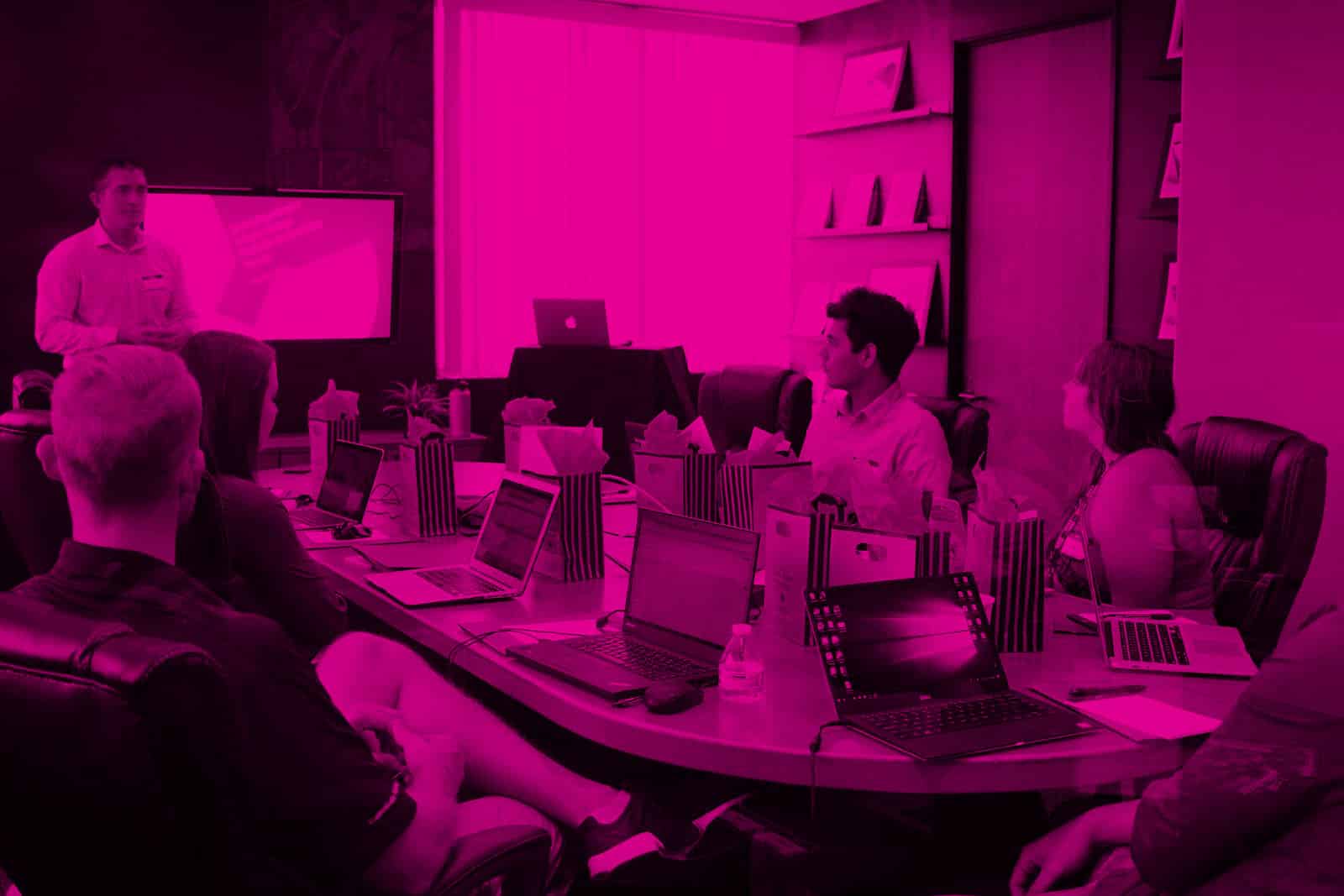In the modern business world, HR professionals play a vital role in any organization and often wear many hats in order to achieve vital short-, mid-, and long-term goals. The roles of the HR team have evolved over the decades, and it should come as no surprise that these professionals are nowadays tasked with strategic-level thinking and process management.
With the rising and ever-increasing responsibilities that the HR teams take on, it should come as no surprise that HR networking is becoming increasingly important for successful HR transformation and success. Let’s break it down and take an in-depth look at how you can leverage HR networking in your organization to take your business to the next level.
Here’s what you need to know.












